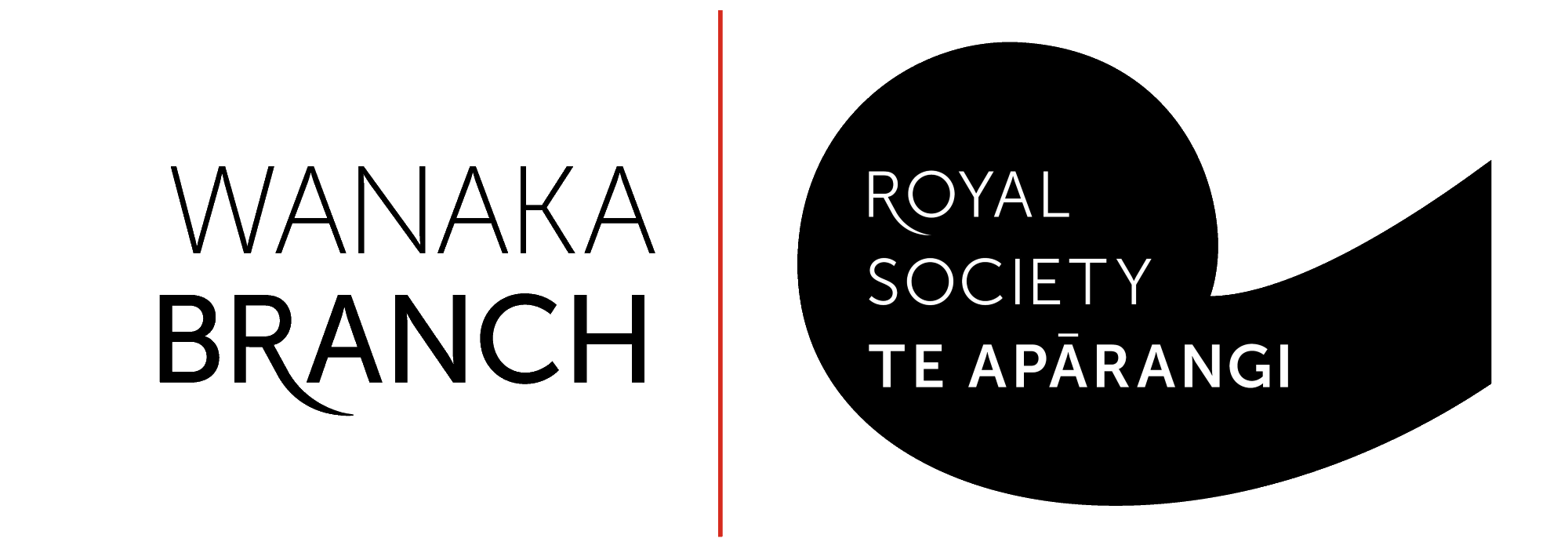NZ Innovation for Sustainability
Friday 6 September at 6.00pm, at the Presbyterian Community Centre, 91 Tenby Street, Wanaka. Dr Nicola Gaston and Dr Marcus Jones, MacDiarmid Institute for Advanced Materials and Nanotechnology. Cost – $5 per person. Come and hear MacDiarmid Institute scientists talk about how materials science is offering a greener future for our planet. They will be holding a session of their annual Regional Innovation Showcase in Wanaka on Friday 6th September, 6pm, at the Presbyterian Church Hall (91 Tenby Street, Wanaka). Our speakers, Dr Nicola Gaston and Dr Marcus Jones, will talk about how solar energy materials, new battery technologies, and

